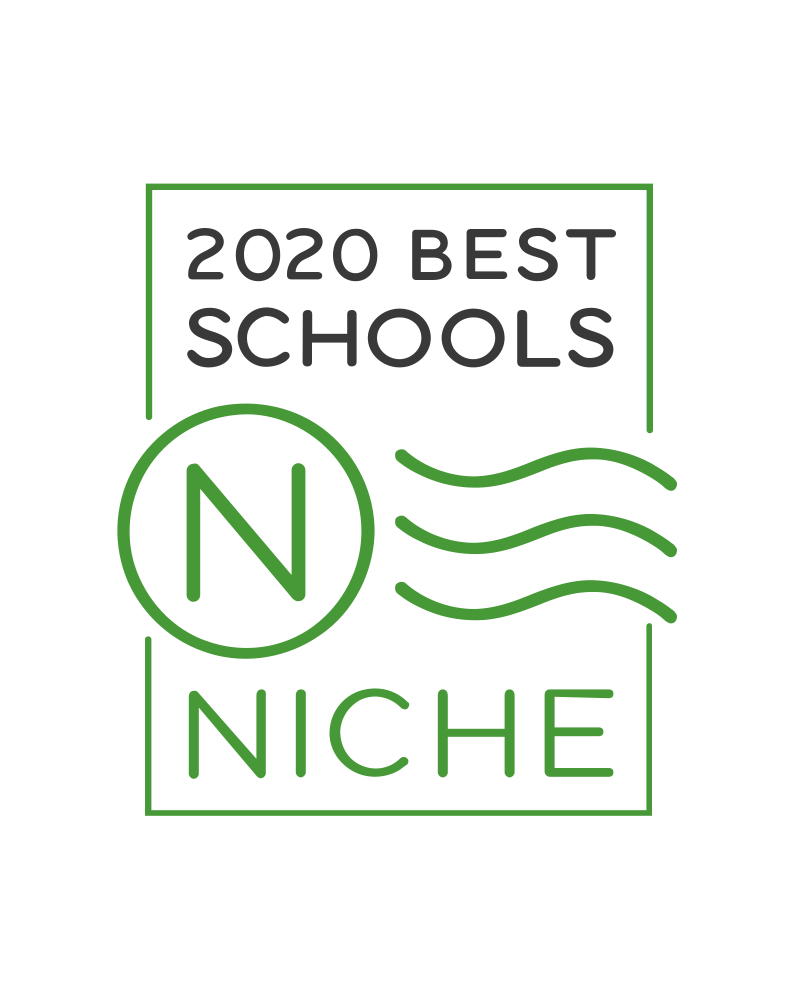
From Tim Bakland, Head of School:
Dear Waring Community,
I am certain that all of us by now are well aware of Waring Robotics’ outstanding successes. In just 5 years since the 2017 opening of the Waring Industrial Park (WIP), our First Lego and First Tech teams have achieved grand acclaim, both on the local and international stages. In addition, the many skills and team-based elements of Robotics programming have now found a place in our Science, Engineering and Technology program (SET) more broadly and as a complement to our natural sciences programming.
Since the earliest days of Waring Robotics, our students and coaches have shown a commitment to community outreach, sharing their knowledge and skills with students and teachers in the community. In 2018, Waring’s SET Chair and FTC Coach, Francis Schaeffer, and FLL Coach and SET teacher, Sarah Carlson-Lier brought their teams to the local Centerville School, helping younger grade school students discover the many boons of problem-solving and team work.
This year, our students have led exemplary initiatives to make a real and tangible impact in communities where resources are scarce. These students have taken their passion and know-how as well as a commitment to educational equity and translated that into some profound and meaningful change.
Below, Chris Douglas '23 writes on Waring’s work to help the Everett, MA school system launch five robotics teams, working closely with the Superintendent and public school faculty.
Amelia Wyler '23 chronicles her work abroad in Rwanda where she has already helped to establish 12 First Lego League teams in local schools, with a goal to double that number by January.
The commitment of these Waring students to living out Waring’s mission both “for the individual and common good” is nothing short of exemplary. The “good” that our students are doing comes in so many forms–collaboration, team-work, problem-solving, entrepreneurship, fundraising/philanthropy–and I am so very proud to see these same students do good far beyond Waring’s campus.

Chris Douglas '23 reports on Wolfpack outreach to Everett Schools:
This summer, as I was reflecting on my time at Waring, I tried to imagine what highschool would have been like had robotics never been offered to me. When I joined my first FLL (First Lego League) team six years ago, I had no idea how much it would change my life and shape my future and interests. I have no idea who or where I would be without it. As I thought about the impact that joining an FLL team had on my life, I was forced to think about how most people are never offered that first opportunity. Who knows how many people could find the same passion for robotics as me if they were just provided the opportunity. My teammates shared these same thoughts. So, heading into our last season of robotics, it became a central goal for our FTC (First Tech Challenge) team, Wolfpack Machina, to bring robotics to a community that hasn’t had it before.
On August 14th we reached out to City Year, a nonprofit organization which works in 29 high-need communities across the U.S. and focuses on supporting students and teachers by creating educational equity. We wanted to partner up with City Year to find underserved schools in the Boston area looking to add robotics teams to their school offerings. We got in touch with Erika Alvarez Werner, the chief of staff of City Year, and she suggested we focus on the Everett school system.
Everett has an incredibly diverse school system with two-thirds of their students speaking a language other than English at home. It also supports a student body of which 74.4% are low-income and 85.1% are high needs. At the start of this year, they had no FLL teams at any of their schools, but the STEM Director for Everett Public Schools, Rupinderpal Kaur, was looking to change that.

Members of Wolfpack meeting with the FLL team at Whittier School
In early September Erika Werner introduced us to Rupi Kaur and it was immediately clear that Rupi shared our same interests in bringing FLL teams to underserved communities. For a few years now, she had been trying to start FLL teams in Everett, and though she lacked the resources she needed, Rupi had managed to secure budgeting to pay teachers overtime to coach teams. At this point we knew we had found the perfect location for our outreach. Everett was trying really hard to bring STEM offerings to its schools but needed some help to do it. Over a couple of emails and Zoom meetings, Rupi helped us identify five different schools in Everett where we could start teams.
Between the cost of parts, robots, and registration fees, the price to start a single FLL team comes out to about $750. Since we were looking to start five teams we knew we needed to raise roughly $4,000 to make our program possible. On September 18th we set up a meeting with one of our sponsors, Paytronix, who graciously pledged the money needed to start our FLL teams. Over the next two weeks, we bought all the parts, robots, registered five new FLL teams and gave all the supplies to Rupi who distributed them to the schools.
The last major hurdle we faced was the lack of experience on the part of the teachers who were going to become FLL coaches. Most of the teachers don’t have STEM backgrounds and few of them had worked with a robotics team before. To give them some of the knowledge they needed to successfully coach a team, we hosted a training seminar at Waring on October 8th.



A teacher from each school, along with Rupi herself, came to Waring and learned how to code an FLL robot and how to tackle the major tasks in FLL. Since then, we’ve remained in contact with our teams via email, and we’ve managed to meet with four of them in person and we have more meetings lined up to visit them again.

At the time of writing this, all five of our teams have started building their robots and are currently prepping for their upcoming qualifier on December 10th. There are 66 students on the five FLL teams. Our hope is that the teams now have all of the necessary resources to compete as FLL teams for years to come.
 Alma chats with students at the Whittier School
Alma chats with students at the Whittier School
Thinking back to the goal we started with when we began the process of creating this program, visiting the students in person was incredibly impactful for us. Though the teams are just starting out and are at various points in their journey, at every school we saw students who were really getting into FLL; for example, asking their teachers to stay fifteen minutes more so they could keep working on the robot. It’s that passion that we created this program for. If we can support that passion in a couple dozen kids, and show them a career path that they never knew they wanted or could even attain, then this program will be a success.

Owen visits with Rupi Kaur of Everett Schools

Amelia Wyler '23 reports in from Rwanda
In terms of my project, here is an update:
All 10 of the the robotics kits I brought with me have been donated to schools and are being used by the team. I currently have 12 registered teams here in Rwanda with a goal of 25-30 by the time I leave in January. I have presented to over 100 schools about First Lego league and I have received an additional 20 robot kits, donated by Coderina, the First Operational Partner of central Africa. I currently have raised over $25,000 in materials and donations for my project here in Rwanda.

To keep the program sustainable I have partnered with TEACH Rwanda and STELA to ensure that once I leave my teams will continue to be supported. Every day I visit schools to work with the kids on the teams and help them address problems and to continue to teach them programming skills. This past month I have organized 2 mentoring sessions where I had 30 coaches attend. I will be hosting a few more before I leave to ensure they have a strong understanding. I have also partnered with Creativity Lab (who Coderina introduced me to) and they have been lending me their space for mentoring sessions. Creativity Lab also works closely with the Rwanda Education Board (REB) and they have informed them of what I am doing and I will be partnering with REB to allocate some of the additional robotics kits I received. Coderina also put me in touch with UNESCO to help with the governmental side. I have presented to them about the project and a few weeks ago spoke at one of their conferences about STEM in Rwanda.


I have just started organizing the venue for the national competition and my next steps will be to train judges and continue to raise money to pay for the competition expenses! I have attached some photos from my time here! Also, I started a non-profit to facilitate donations for my project and it is called STEM Inspires. Here is the website, which has more information and photos if you want to take a look!






